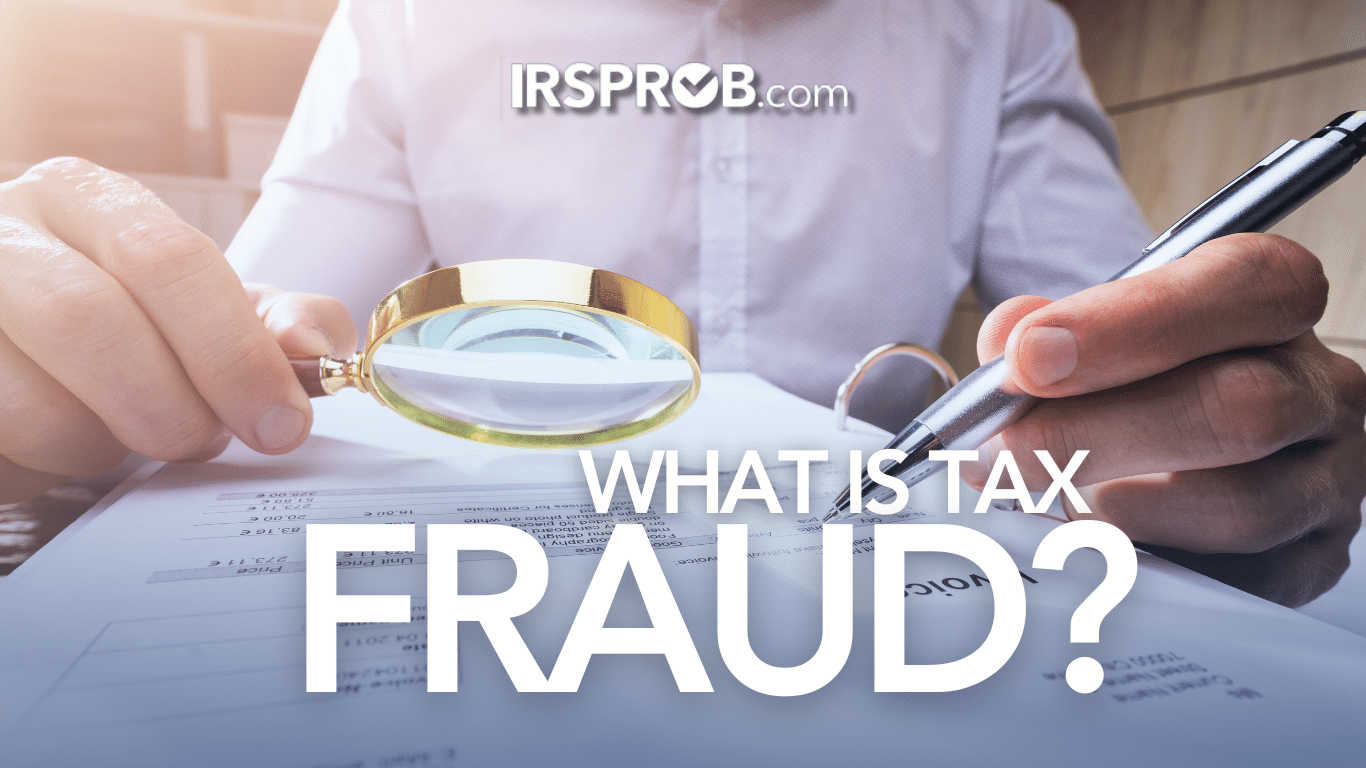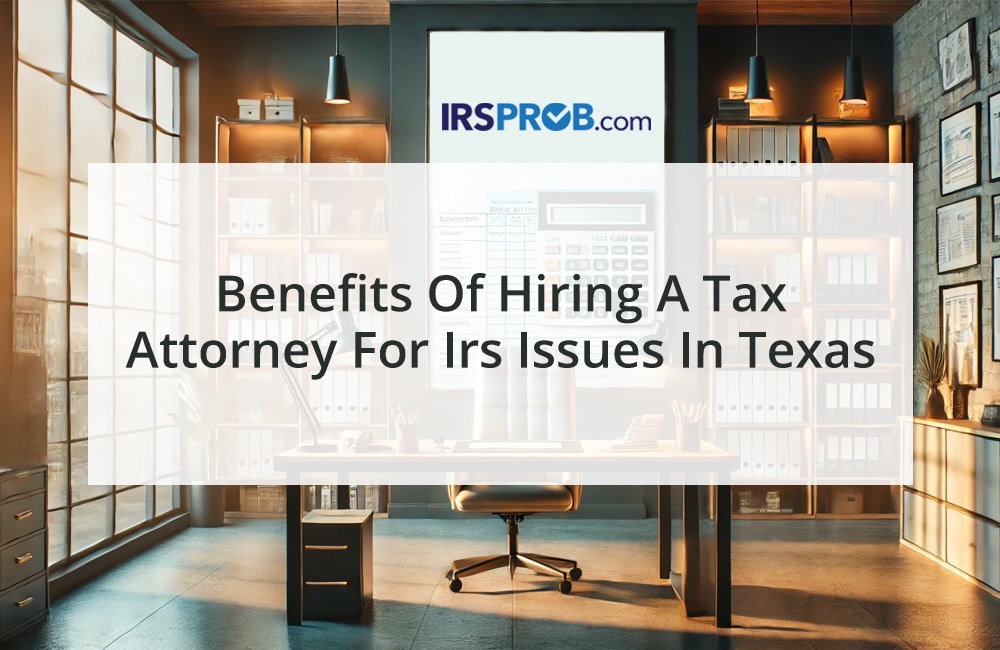
The IRS takes tax fraud seriously—very seriously. Whether it’s elaborate scams or simple misrepresentations on tax returns, the agency is constantly on the lookout for those trying to game the system. But what exactly is tax fraud?
According to the IRS, tax fraud involves “deception by misrepresentation of material facts, or silence when good faith requires expression, which results in material damage to one who relies on it and has the right to rely on it.” In plain English? If someone tricks or scams another person into handing over money or something of value—it’s fraud.
More specifically, tax fraud requires two key elements:
- A legitimate tax liability that is owed.
- An intentional effort to avoid paying that liability through fraudulent means.
How Tax Fraud Happens
Taxpayers get creative when it comes to avoiding taxes, but the IRS is even more creative at catching them. Tax fraud can take many forms, but it often involves one or more of the following:
- Falsifying Tax Returns: This is one of the most common forms of tax fraud. People might inflate deductions, claim losses that never happened, or even fabricate loans to reduce taxable income. Some go as far as underreporting income—or skipping reporting it altogether—for years.
- Payroll Tax Fraud: Business owners and employers have a responsibility to collect and submit payroll taxes to the government. When they don’t, whether to fund a lavish lifestyle or cover financial losses, it can quickly turn into a criminal tax case. The IRS has a keen eye for businesses that withhold payroll taxes but fail to submit them.
- Offshore Accounts: Holding money in offshore accounts isn’t illegal, but failing to report those assets is. The IRS takes foreign bank account reporting (FBAR) requirements seriously, and those who hide income offshore to avoid taxation can face hefty fines—or worse.
What To Do If You’re at Risk
If you suspect that you—or your business—might be on the wrong side of tax laws, don’t wait for the IRS to come knocking. The sooner you consult an experienced tax attorney, the better your options will be. Once the IRS launches an investigation, the window for proactive legal strategies starts to shrink.
Navigating tax fraud allegations isn’t something you want to handle alone. Whether it’s amending past returns, negotiating with the IRS, or building a legal defense, professional guidance can make all the difference. If you have concerns about your tax situation, now is the time to act.








